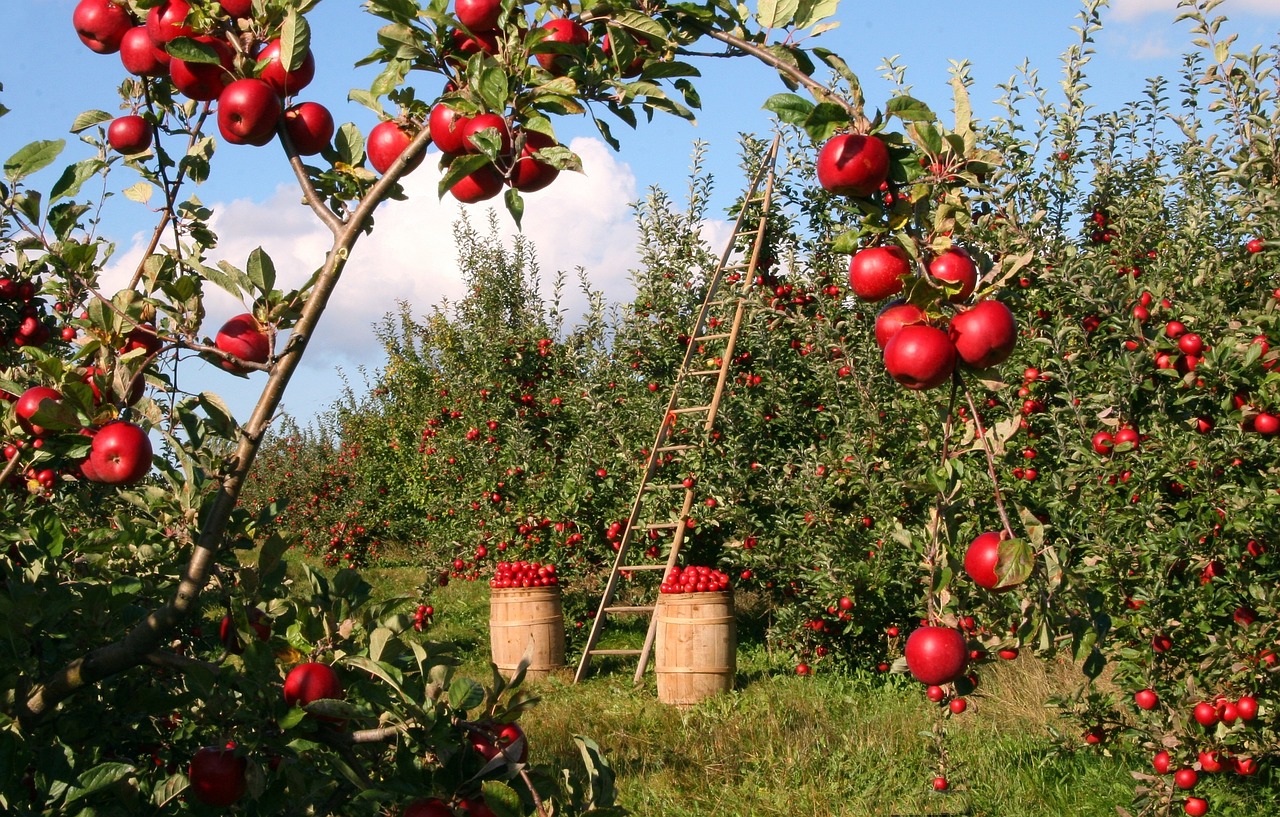
While a lot of agricultural activity has been on hold for the last two years, Ukraine, often referred to as the „breadbasket of Europe,” possesses some of the most fertile soils in the world, notably its vast expanses of „black earth” or chernozem. This rich, dark soil, renowned for its high organic matter content, presents a significant but largely untapped potential for organic farming, which could redefine Ukraine’s agricultural sector and bolster its position in the global food market.
Ukraine’s agricultural heritage is deeply rooted in its black earth, which covers approximately two-thirds of the country’s territory. This soil type is exceptionally well-suited for crop production, thanks to its high nutrient content and moisture-retaining properties. Traditionally, Ukrainian agriculture has been centred on large-scale, intensive farming practices, focusing on major crops such as wheat, corn, and sunflower. However, there’s a growing recognition of the potential benefits of transitioning to organic farming methods.
Organic farming in Ukraine is still in its nascent stages but has been gaining momentum in recent years. The global demand for organic products, combined with Ukraine’s natural endowments, creates a unique opportunity. The country could emerge as a leading exporter of organic grains, fruits, and vegetables, tapping into a market that continues to grow as consumers worldwide increasingly seek out organic and sustainably produced food.
Several factors contribute to the potential success of organic farming in Ukraine. Firstly, the country’s vast agricultural lands, much of which have not been subjected to the intensive use of chemical fertilisers and pesticides, provide a solid foundation for organic cultivation. Additionally, the traditional farming knowledge and practices that are still prevalent in many rural communities can be adapted and integrated into modern organic farming techniques.
The Ukrainian government, recognizing the potential of organic farming, has begun to implement policies and incentives to support the sector’s growth. These include subsidies for organic certification, research and development in organic technologies, and support for marketing and export initiatives. For instance, the Organic Market Development in Ukraine (2012-2021) project, funded by the Swiss Confederation, aimed to strengthen the competitiveness of the country’s organic sector.
However, the shift to organic farming is not without its challenges. Transitioning from conventional to organic agriculture requires a change in mindset, new knowledge and skills, and often, a short-term reduction in yield. Farmers need support and training to adopt organic practices and manage their farms sustainably. Furthermore, developing domestic and international markets for Ukrainian organic products requires effective marketing strategies and the establishment of reliable supply chains.
Despite these challenges, the potential benefits of organic farming in Ukraine are significant. Organic agriculture could not only increase the value of Ukrainian agricultural exports but also contribute to environmental sustainability. Organic farming practices help in preserving soil health, increasing biodiversity, and reducing the carbon footprint of food production.
When conditions allow for a larger-scale return to agriculture in the country, Ukraine’s untapped black earth presents a fertile opportunity for the development of organic farming. By harnessing its vast natural resources and traditional agricultural knowledge, Ukraine has the potential to become a key player in the global organic market. The transition to organic farming offers a pathway to economic, environmental, and social benefits, aligning with global trends towards sustainable and responsible food production. As Ukraine continues to develop its organic sector, it could significantly transform its agricultural landscape, bringing benefits to farmers, consumers, and the environment alike.






